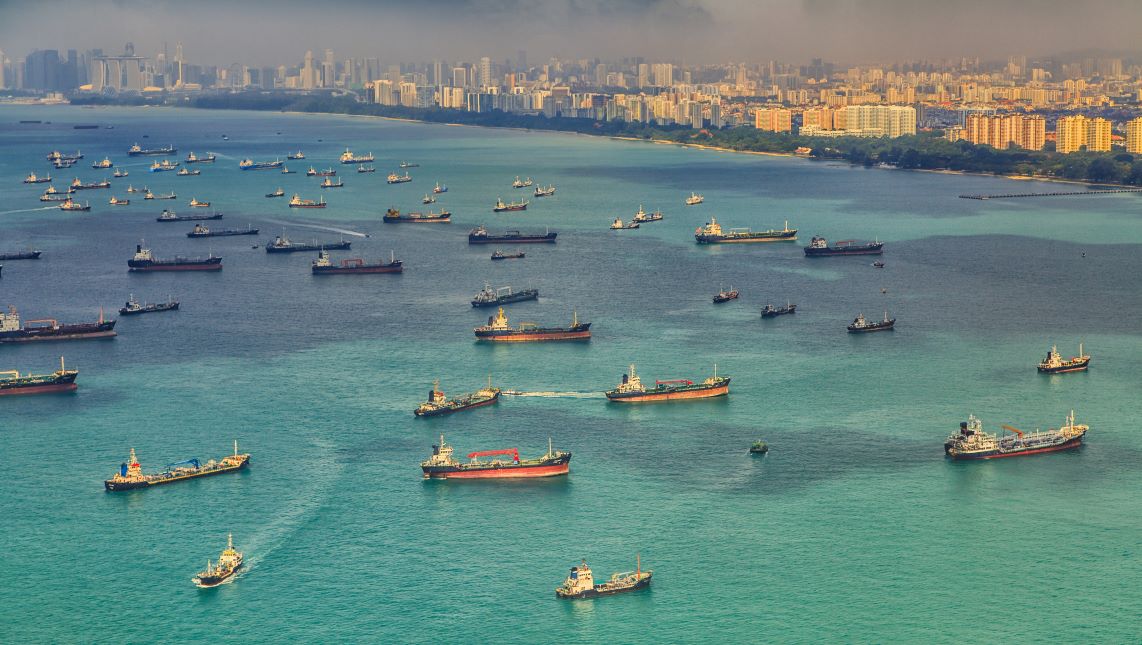
More than two years after the majority of global lockdowns ended, as the Covid-19 pandemic waned and vaccines were approved and distributed, the Marine Biological Association (MBA) has published its analysis of how global oceans and waterways were affected.
While the road, rail and aviation sectors were heavily and visibly affected by lockdowns, the situation on the seas was far more complex.
Shipping on the high seas actually increased by 0.28% in 2020, but take a closer look and the regional and industrial differences are clear.
According to the MBA’s research, a similar level of decrease was witnessed by passenger ferry services as in the aviation world.
“Between April and June 2020, passenger vessels were less active in 97% of Mediterranean Sea coastal states compared to 2017–2019 [whereas] in the Eastern Central part of the Pacific Ocean there were 2.5 times more detections of transiting squid jigging vessels than in 2017-2019,” it explained.
More widely, any changes in local fishing fleet activities were “localised and short-lived”.
How well do you really know your competitors?
Access the most comprehensive Company Profiles on the market, powered by GlobalData. Save hours of research. Gain competitive edge.

Thank you!
Your download email will arrive shortly
Not ready to buy yet? Download a free sample
We are confident about the unique quality of our Company Profiles. However, we want you to make the most beneficial decision for your business, so we offer a free sample that you can download by submitting the below form
By GlobalData“These results suggest a highly context-dependent response to the pandemic, depending on the industries operating and COVID-19 restrictions in an area,” researchers concluded.
The team behind the report said its findings proved that examining marine traffic at too large a scale and across multiple vessel types could risk overlooking important patterns. Instead, more targeted study is needed.
Study leader Dr Alexandra Loveridge said: “Unprecedented access to human mobility data has proven to be a powerful tool for managing the COVID-19 pandemic. If data accessibility and use are promoted beyond the duration of the pandemic, it will significantly improve our understanding of human-environment interactions, helping us pinpoint where, and when, mitigations may be necessary to safeguard wildlife, and support more effective management of future crises.”







